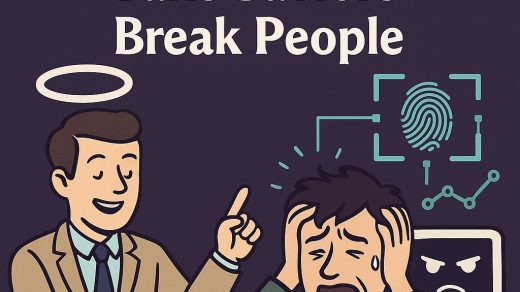Introduction
In discussions and debates, it’s common to reference experts or authorities to support our arguments. After all, experts have specialized knowledge that can lend weight to our claims. However, there’s a logical misstep that occurs when we rely too heavily on authority figures without critically examining the evidence or reasoning behind their statements. This misstep is known as the “appeal to authority” logical fallacy. Understanding this fallacy is crucial for developing sound arguments and making informed decisions.
What is the Appeal to Authority Fallacy?
The appeal to authority fallacy occurs when someone asserts that a claim is true simply because an authority figure or expert endorses it. Instead of presenting evidence or logical reasoning, the argument rests on the authority’s status or reputation. While expert opinions can be valuable, they should not replace critical analysis or be used as the sole basis for accepting a claim.
Why is it a Fallacy?
The appeal to authority is a fallacy because it bypasses the need for actual evidence or logical reasoning. Authority figures, no matter how knowledgeable, can be mistaken or biased. Moreover, expertise in one area does not automatically translate to expertise in another. For example, a renowned physicist might not have credible insights into nutrition. Therefore, relying solely on authority can lead to flawed conclusions.
Examples of the Appeal to Authority Fallacy
1. Celebrity Endorsements: A common example is when a celebrity endorses a product or idea. Just because a famous actor claims that a particular diet works doesn’t mean it’s scientifically proven or effective.
2. Quoting Experts Out of Context: Sometimes, people cite experts who are not actually knowledgeable about the specific issue at hand or misinterpret an expert’s statement to fit their narrative.
3. Overreliance on Credentials: Assuming that a claim is true because it comes from someone with a Ph.D. or other credentials, without considering the validity of the claim itself.
How to Avoid the Appeal to Authority Fallacy
To avoid falling into the trap of this fallacy, always seek to support claims with clear evidence and logical reasoning. When citing experts, make sure their expertise is directly relevant to the topic and that their claims are backed by solid evidence. Additionally, consider multiple sources and viewpoints, rather than relying on a single authority.
Conclusion
While expert opinions can be valuable, they should never be the sole basis for accepting a claim. Understanding and avoiding the appeal to authority fallacy helps ensure that our arguments are based on evidence and logic, leading to more robust and credible conclusions. Next time you’re tempted to quote an authority figure, ask yourself: does the evidence support the claim, or are you simply relying on the weight of a name?


